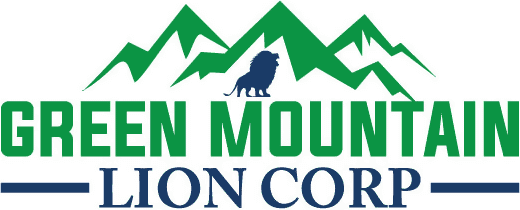Starting a new job is kind of like trying new food. It’s very exciting, but also a little scary. There are lots of unknowns, but in either situation, it’s best to take a deep breath and just E.A.T. In the job sense, that breaks down to a few key points.
Evaluate
Adjust
Transition
Evaluate
When looking ahead to a new job, advanced evaluation and preparation can greatly impact your overall experience and first impression.
As Benjamin Franklin said, by failing to prepare, you are preparing to fail.
It is very important to evaluate and survey the tendencies of your new company and its employees. Research the staff, the managers, and the company’s founders or owners. Figure out what drives the workplace and what its goals are.
Start to document important details as broad as the company’s mission statement and as specific as which college your manager attended. Striving to create a base of both professional and personal research will help you establish credibility and immediate relationships with your new team.
Arguably the most important part of this phase is to continue to evaluate your new workplace and its demands while on the job. Take notes, observe, and soak in the little nuances of the workplace well beyond your first day.
Adjust
Now that you’ve evaluated our new environment, you start to adjust. The adjustment period is rather fluid. It could start before your first day or during your first week.
The key is to use your preparation and evaluation to figure out what kind of adjustments you need to make to your professional and personal life.
You may have to establish a new routine to adjust to new hours. You may have to evolve from a team leader into a team player. You may have to learn a new system or program. You may also have to adjust our expectations and accept that you can’t be a hero and learn everything in your first week.
In any new employment situation, there will always be adjustments. Make a point to identify what you need to change to best adapt to your new role and environment. The adjustment period can be all mental, or it can involve more tangible changes to your routine or skillset.
To excel in transitioning from one job to another, identify and implement the necessary adjustments according to your new role and its demands.
Transition
The actual transition takes place when you begin to develop confidence and comfort in your new environment. That confidence and comfort are largely derived from all your evaluation and adjustments.
As you complete your transition to your new job, you will notice some of your temporary adjustments becoming permanent.
You enjoy and embrace your new routine because it helps you be more productive in your new role. You no longer need your onboarding notes because those things are becoming permanent pieces of information in your brain. Those first impressions are developing into friendships with your coworkers.
Now that you’ve gotten acclimated, make sure to reward yourself and E.A.T. a nice dinner.

